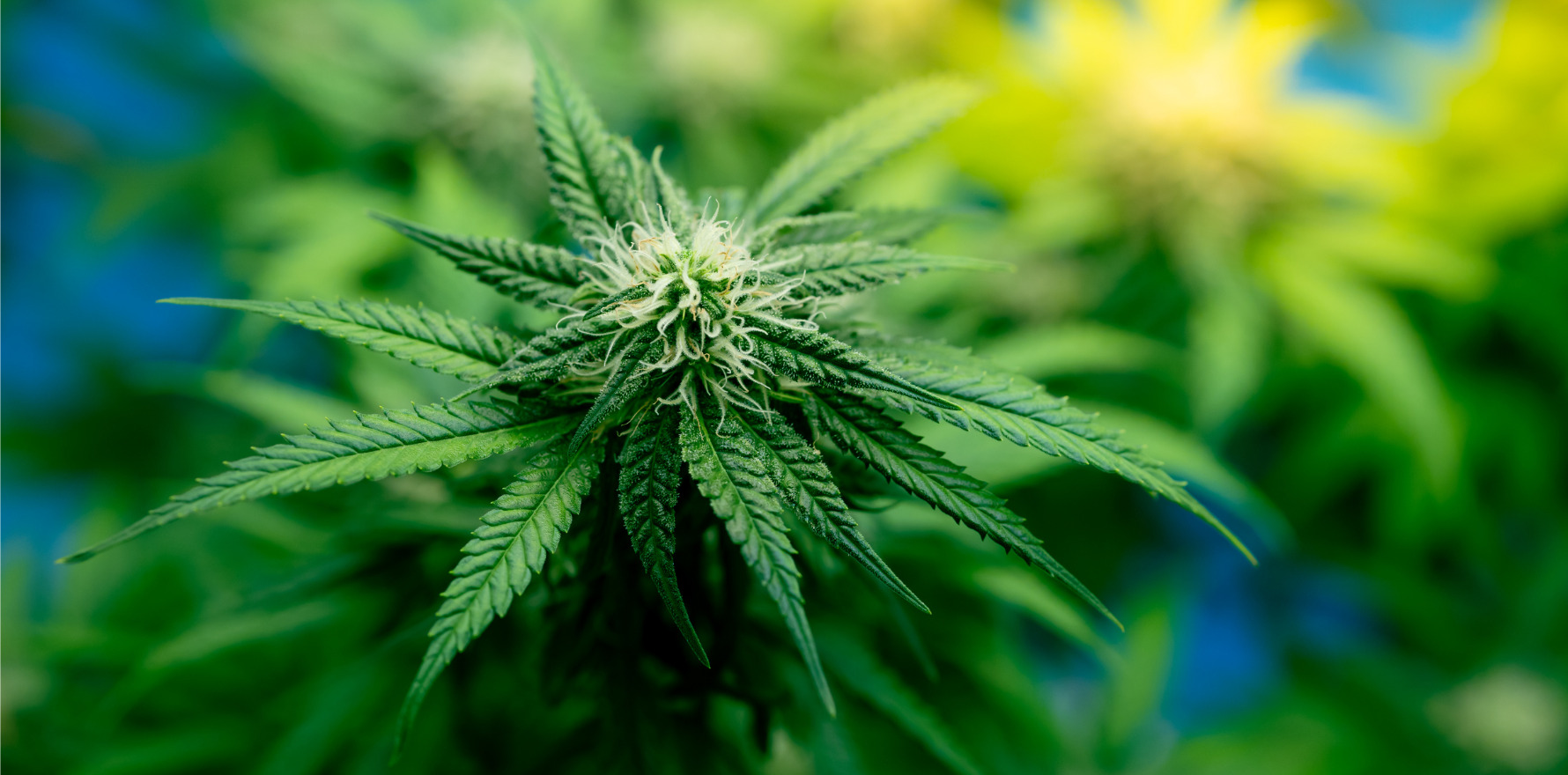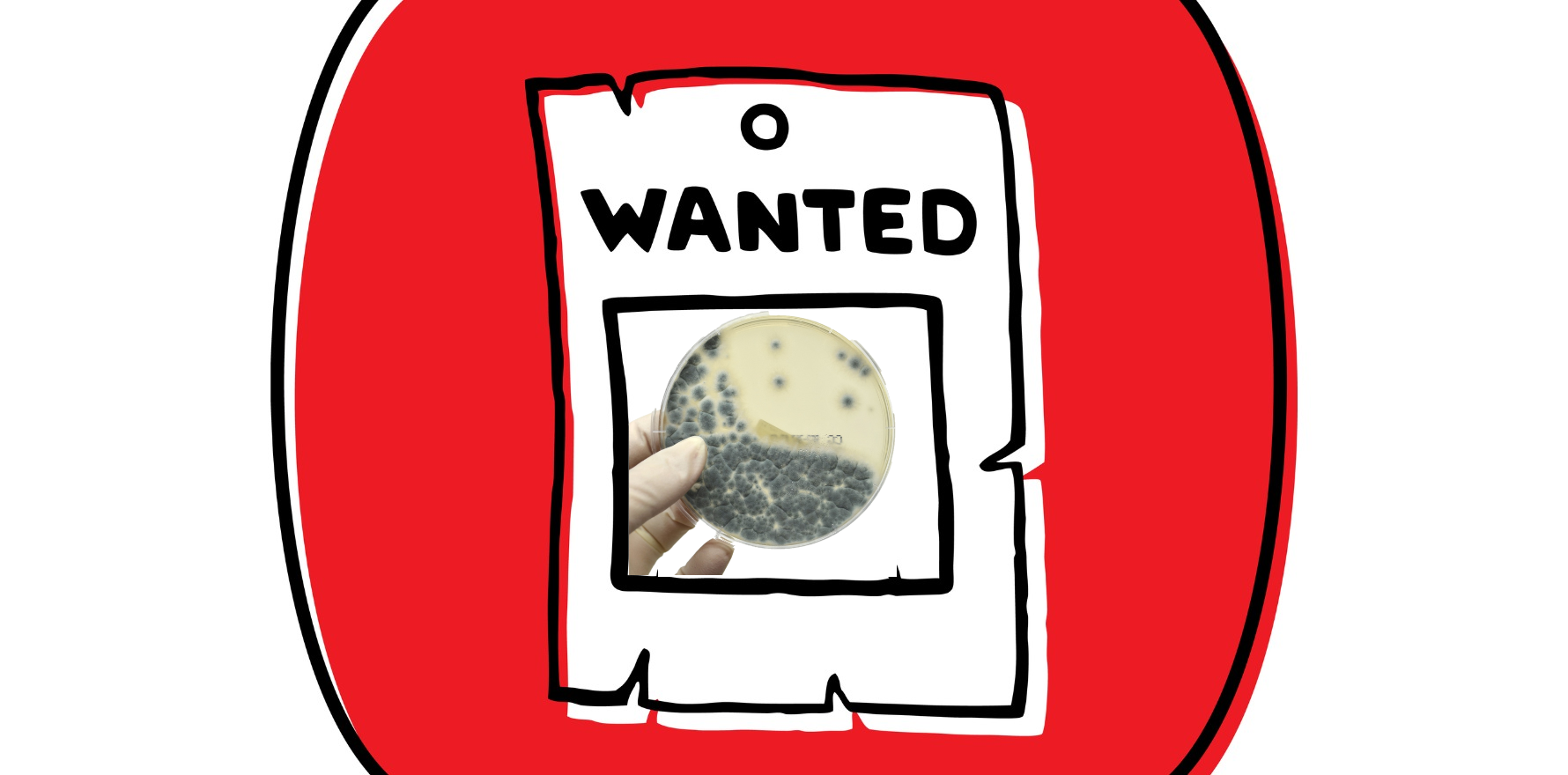
Aussie researchers say their study ‘illustrates the potential of phytocannabinoids as antifungal treatments and opens up new routes towards development of novel antifungal drugs’.
Two compounds derived from the cannabis plant have demonstrated remarkable antifungal properties in preclinical laboratory studies led by Macquarie University scientists.
Their findings around cannabidiol (CBD) and cannabidivarin (CBDV) have been published in the PLOS Journal of Neglected Tropical Diseases.
“Fungal infections pose a major threat to human health with increasing incidence of antifungal resistance globally,” the authors wrote.
“Despite the need for novel antifungal drugs, few are currently in clinical development. Here we evaluate the antifungal activity of five phytocannabinoids against several clinically relevant fungal pathogens, with a focus on the priority pathogen Cryptococcus neoformans.
“Our results demonstrate that CBD, and particularly CBDV, have broad activity against C. neoformans and other fungal pathogens, including dermatophytes that cause common tinea.”
The authors said their “study illustrates the potential of phytocannabinoids as antifungal treatments and opens up new routes towards development of novel antifungal drugs”.
Fungal infections affect more than a billion people around the world each year, according to data from the Centres for Disease Control and Prevention.
Whether it’s athlete’s foot, a yeast infection or the potentially deadly lung infection pneumocystis pneumonia, fungal pathogens are a serious health threat with relatively few effective treatments.
Macquarie University’s Dr Hue Dinh, a postdoctoral research fellow in the School of Natural Science, and Associate Professor Amy Cain, set out to tackle the growing threat of fungal infections with help from Professor Mark Connor and Dr Marina Junqueira Santiago from the Macquarie School of Medicine and collaborators at the Universities of Sydney and NSW.
Having worked in the field of antimicrobial resistance, Dr Dinh knew that developing an entirely new drug and getting it to market could take decades. It made more sense to work with pharmacological compounds already approved for use in humans for other conditions, because their safety and mechanism of action are already well known.
She said one of the challenges in the research project was deciding which cannabinoids to test, and against what.
“Hundreds of natural compounds can be extracted from the cannabis plant, and we don’t know which ones work,” said Dr Dinh.
Macquarie Medical School pharmacologist Professor Mark Connor, who has a strong background in researching cannabinoids, joined the team in their quest to target the fungal pathogen, C. neoformans, which causes deadly lung or brain infections.
“When C. neoformans gets to your central nervous system, it causes life-threatening meningitis. The mortality rate is very high, and it’s really hard to treat,” said Dr Dinh.
The researchers found two cannabinoids – CBD and CBDV – that both quickly killed C. neoformans in the laboratory, working even faster than current antifungal therapy.
They also tested the compounds against 33 other fungal pathogens from clinical, veterinary and environmental settings, and found the cannabinoids were effective in killing a range of Cryptococcus species as well as the fungal skin pathogens that cause athlete’s foot.
Encouragingly, the cannabinoids also showed efficacy in an in vivo model, with treatment of infected Galleria mellonella (wax moth) larvae demonstrating reduced fungal load. This step confirmed biological activity beyond petri dishes and paved the way for potential therapeutic applications.
Dr Dinh said the pilot study was an exciting advancement in the search for effective topical treatments because research showed pathogens were less likely to develop resistance to cannabinoids compared to other antimicrobials.
Intravenous administration of cannabinoids to treat systemic infections like lung or brain fungal infections would be more challenging, as cannabinoids are not easily dissolved into injectable formulations.
But Dr Dinh has high hopes for topical treatments for common skin infections.
“If we can demonstrate that these ones work well for common infections, you could actually just get some CBD oil and then rub it on your skin to treat it,” she said.
Dr Dinh and Professor Cain are currently working with commercial partners to develop the product for over-the-counter use.




